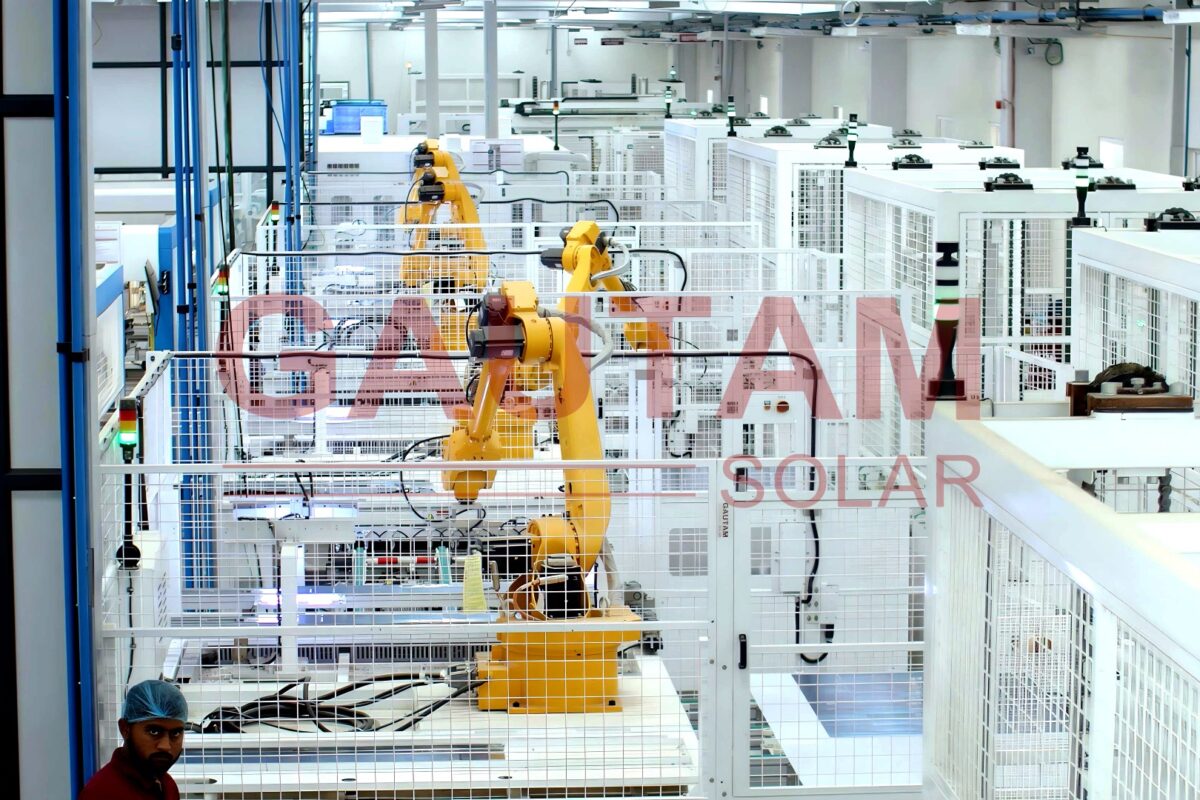A number of recent policy positions have undermined growth in India’s renewable energy sector. However, a course correction now can put the country back on track to reach the ambitious “450 GW by 2030” renewable energy target—finds a new report by the Institute for Energy Economics and Financial Analysis (IEEFA).
In IEEFA’s view, “The opportunity cost of delaying India’s electricity sector transition is too high. International investors are seeking policy certainty and commitment from the Indian government. If this is re-established, it will accelerate capital deployment in one of the world’s largest and fastest growing markets for renewable energy, storage and power transmission.”
With domestic renewable energy tariffs now two thirds the cost of domestic coal-sourced power tariffs and half that of new imported thermal power costs, [the country] must leverage this opportunity to enhance energy security whilst securing deflationary domestic energy investments, said report author and IEEFA’s Director of Energy Finance Studies Tim Buckley.
Trade duties
“Instead of trying to make Indian manufactured solar cells competitive by increasing the price of imported modules, the industry needs an assured offtake in domestic markets, as was achieved in the recent, very successful solar manufacturing tender. It also needs to be incentivised for exporting,” said co-author Kashish Shah, IEEFA’s energy finance analyst.
The [safeguard] duty has neither reduced imports, nor significantly improved the competitiveness of Indian manufactured solar cells. Instead, it has severely slowed down solar installs in India, both because of the extra cost imposed but equally due to the confusion on delayed implementation, finds IEEFA report.
Centre-state coordination
Better centre-state coordination on renewable energy development and increasing the expansion of necessary transmission networks and balancing capacity (batteries, pumped hydro storage, demand response management and more flexible thermal capacity) are further policy areas requiring immediate attention, according to the report.
“Renewable energy developers are currently experiencing delays and cost overruns while waiting for the central and state governments to talk to each other and streamline their activities. This is jeopardising their project economics and stalling further investment,” said Shah.
Payment delay
As of December 2019, state-owned discoms owed Rs 81,894 crore (US$ 11.5 billion) in payments to power producers. Noting that the enforcement of a new payment security mechanism from August 2019 is improving payments dues, the report stresses on consistent governance of this mechanism.
Further, it recommends privatisation of more of the power distribution sector, or allowing entry of private competition to accelerate investment and technology deployment.
Grid expansion
The report finds a key prerequisite for continuing India’s renewable energy investment ambition is concurrently building out and modernising India’s national transmission grid to accelerate the enormous progress achieved over the last decade.
“India could attract US$500 to 700 billion in new investment by 2030—the opportunity is huge,” says Buckley.
“To do this, India’s grid must be urgently expanded. The slowdown in transmission capacity is slowing India’s renewable energy ambition.
Financial constraints
The report concludes that sovereign risk, policy risks and erratic discom payments are all creating unnecessary financial constraints for the Indian renewable energy sector.
“The continuing ballooning underfunding of subsidies and rising state-discom debt is severely hampering the financial industry’s ability to finance new renewable energy development, as is some states’ desire to renegotiate on projects. This is not on—and creates instability for investors.”
“US$40-60 billion of non-performing assets in the thermal power generation sector has combined with discom payment delays to impair various financial institutions’ ability to lend to the renewable sector at a time when investment is needed,” said Buckley.
This content is protected by copyright and may not be reused. If you want to cooperate with us and would like to reuse some of our content, please contact: editors@pv-magazine.com.









By submitting this form you agree to pv magazine using your data for the purposes of publishing your comment.
Your personal data will only be disclosed or otherwise transmitted to third parties for the purposes of spam filtering or if this is necessary for technical maintenance of the website. Any other transfer to third parties will not take place unless this is justified on the basis of applicable data protection regulations or if pv magazine is legally obliged to do so.
You may revoke this consent at any time with effect for the future, in which case your personal data will be deleted immediately. Otherwise, your data will be deleted if pv magazine has processed your request or the purpose of data storage is fulfilled.
Further information on data privacy can be found in our Data Protection Policy.